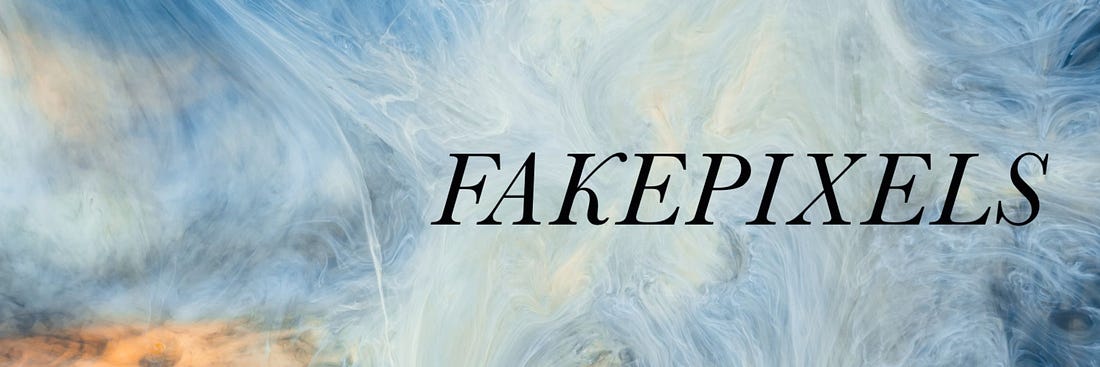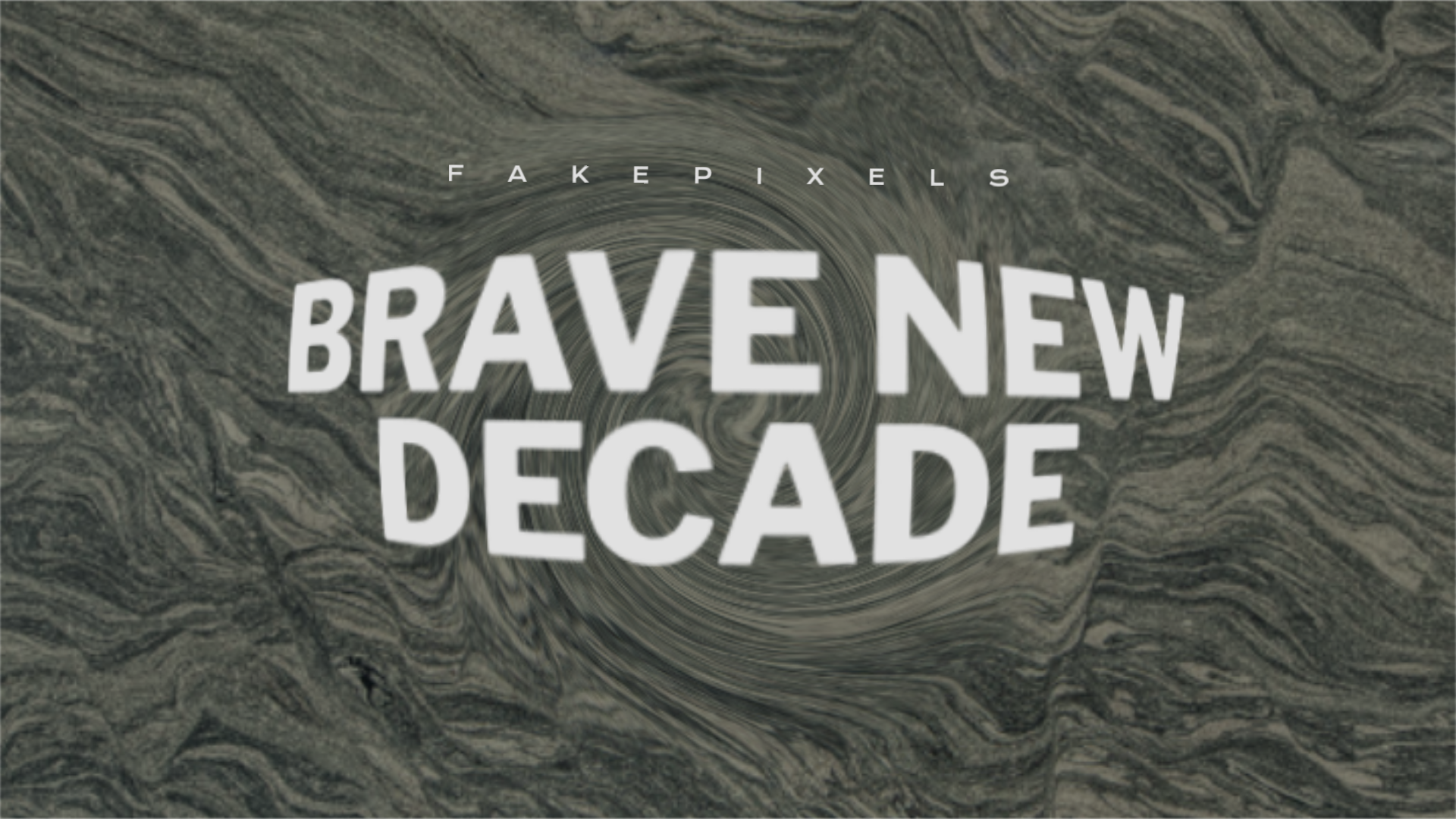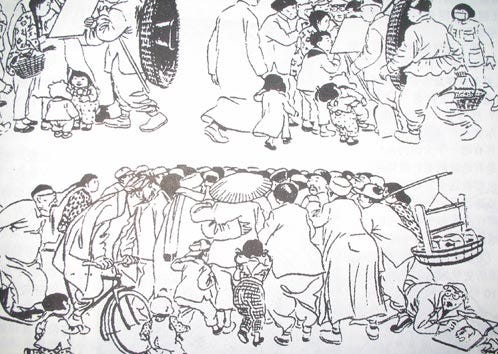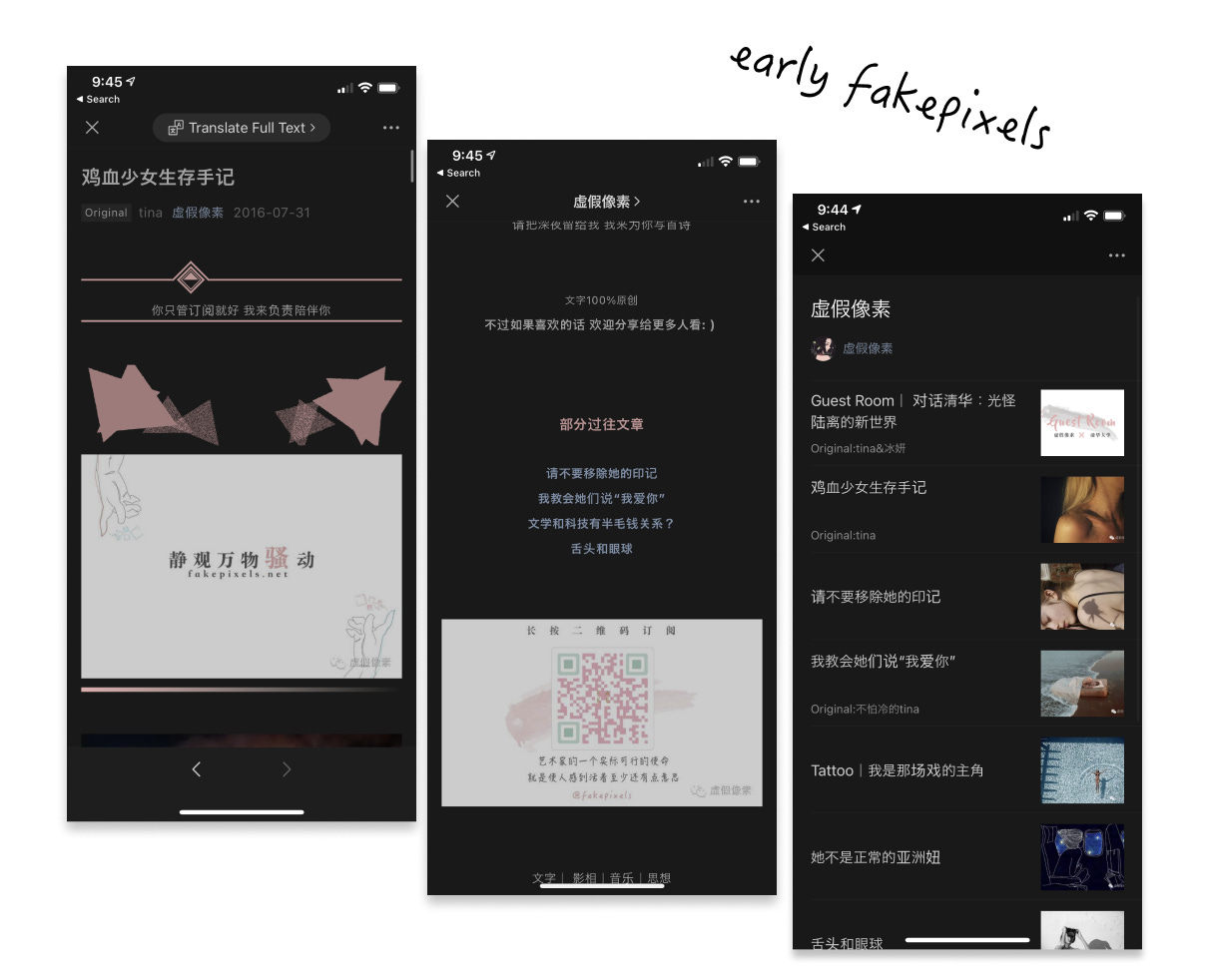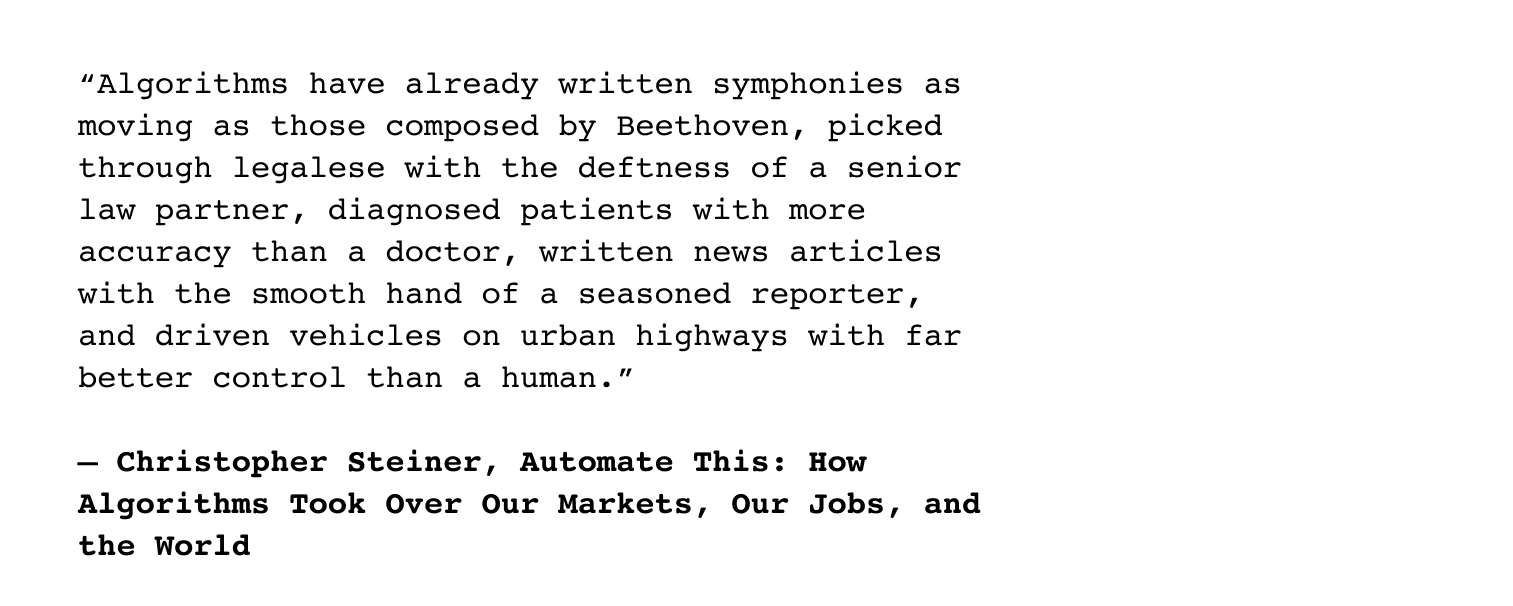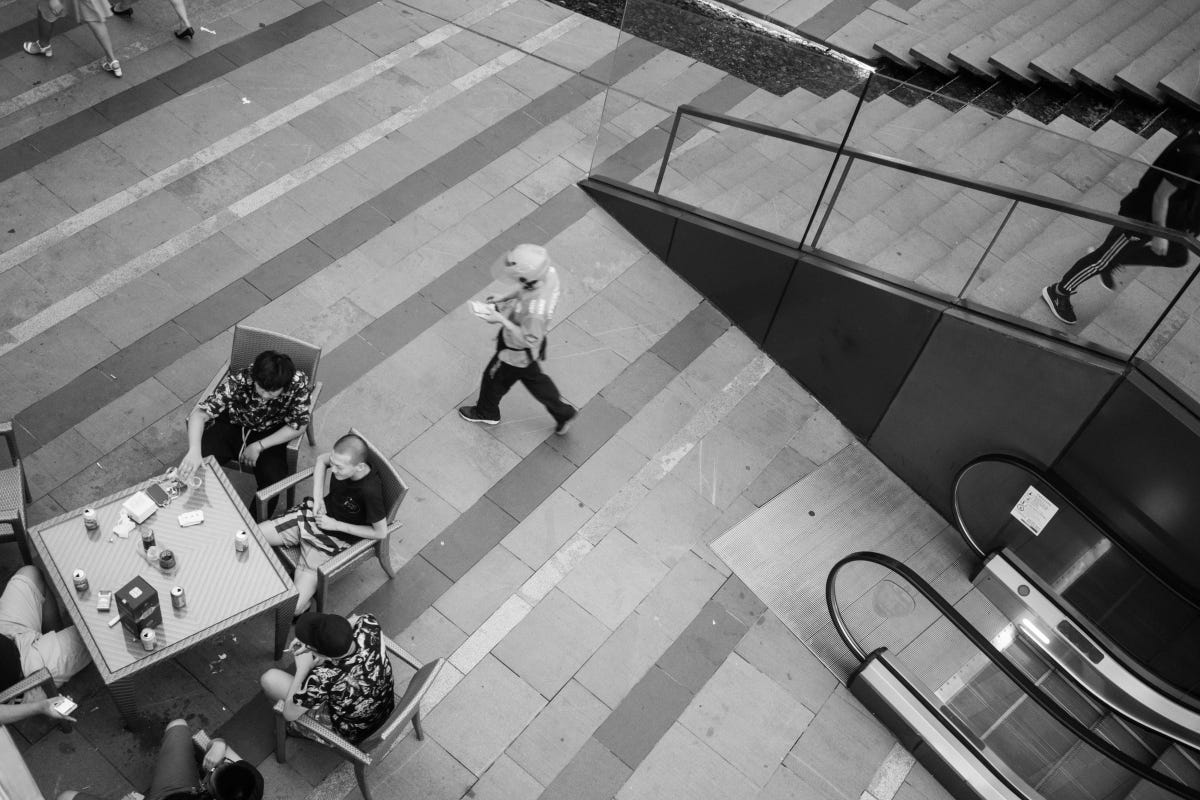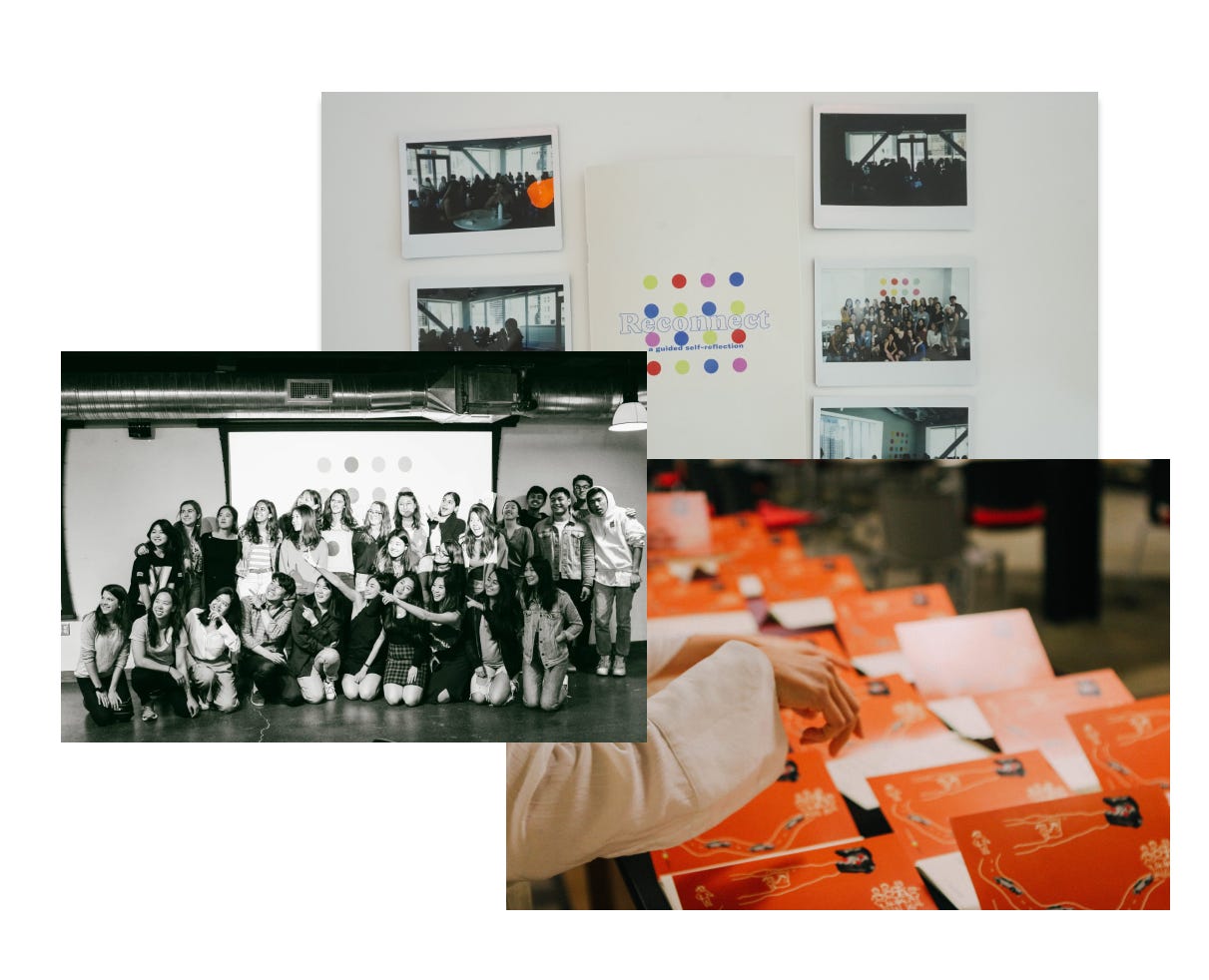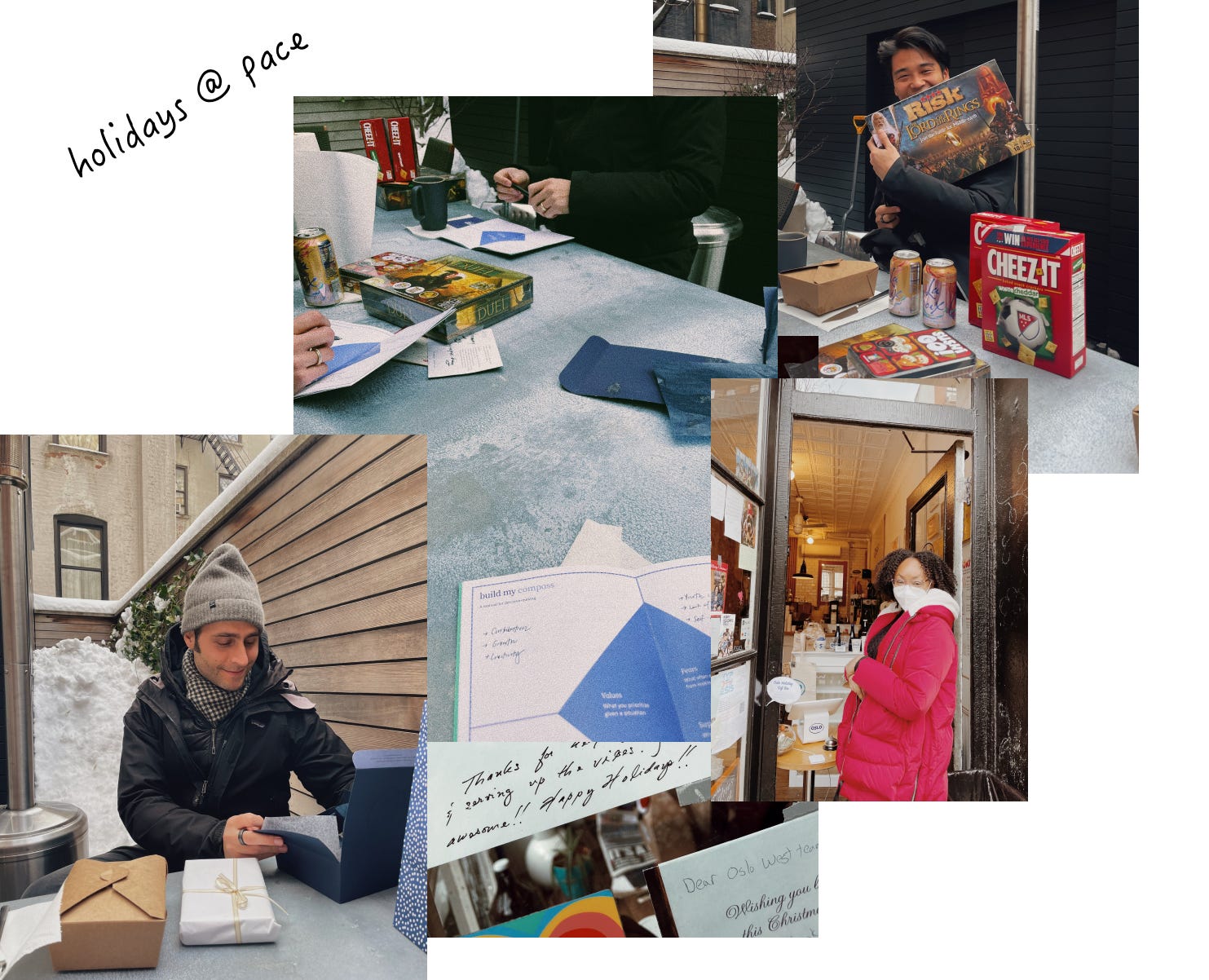In college, my best friend Mind and I would spend our weekends treading the slopes of Ithaca. We held this ritual sacred. We’d talk about what we value, the projects we were working on, and how they’ve informed one another and evolved. Without knowing where our lives lead, we felt optimistic and empowered that we’re building things in line with what we value, and we knew that these long walks helped, having each other to grasp the known in the unknown.
Like any soon-to-be graduates, friends around us were struggling to answer what a fulfilling career could look like. Getting the most prestigious or well-paying job on the market could be a fast cure — the means to an end, we think, then to realize they are means to some other means. We yearn for a vocation deemed worthy by others and by ourselves. We yearn for a call so strong that it hastens our pace getting out of the door. We yearn for yearning for more.
The university’s Center of Career Services was supposed to help students figure out what to do after school, but it only took me one visit to reconcile with the fact that the only point of having the center of career services so front-and-center, is so that we are constantly reminded that this should be on top of mind, but they are not going to help, You are on your own.
The first time I visited with a resume, I was blissfully ignorant of the etiquette of Times News Roman and the Education section always comes first. The woman sitting behind the gold tag “CONSULTANT” glanced over my resume. The use of color seemed, the color ruby red as tints of highlight, seemed to have bothered her. She let out an audible sigh, finger tapping on my name on the piece of paper that no longer felt like mine.
“This is for applying for a job, not designing for a magazine. Take a look at this.”
She handed me a resume from one of the foyers labeled “TEMPLATE”. The name was “John Smith”, in 12pt Times New Roman, and besides the fact that John attended Cornell we had possibly nothing in common. I was nevertheless encouraged by the visit since what I wanted at the moment was precisely to work for a media publication. Her feedback gave me enough courage to throw some darts in the blind. I applied to possibly more than 100 companies both in the U.S and in China. It’s always been a dream for me to get a taste of living in Beijing, where the heat of ambition was as palpable as the dozen ridesharing companies that inundate the streets when I arrived in the summer of 2016.
Future was happening in the form of an always buzzing phone — disruptive companies, world-changing products, a list of young emerging talents defying the status quo. My team was the “new media” arm, responsible for creating content for WeChat’s proprietary content ecosystem. WeChat’s penetration rate in urban cities had reached slightly north of 80%, and possibly much higher in younger demographics. As a media company, our mission is to meet people where they are. And as a media company, we could only create as much as the hours we are all awake, while it’s the AI that’s greeting the readers of Toutiao.
Jin Ri Tou Tiao, Headline of the Day, the fast-growing news app created by Bytedance, notorious for the “996” lifestyle, had an office a few blocks down the street from us. The interns at Bytedance weren’t creating content like I was, but pushing code that enables the algorithm to quench the thirst for hundreds of millions of people, with their hundreds of millions of appetites. The traditional media organization, like ours, innovate by completely restructuring the team to start pushing content on mobile, fighting for the prime time to land that notifications in the inbox of a busy business executive stuck in traffic during the hopeless rush hour. While our neighbor Toutiao, was creating gossip for the people — there’s something for everyone, anytime, anywhere. All you need to hit refresh. There’s a Chinese expression called “看热闹” — ‘to enjoy watching a bustling scene, to go where the crowds are.” In many ways, Toutiao is an app built for the people, that allows them to go where the crowds are, to feel like they are part of something, and they matter.
The biggest hit we created that summer was the “10 Doomsdays Predictions by Global Leaders”. My boss bought me a meal and lots of beer. “To 100k plus!” He raised his glass. On WeChat, if a piece of content received 100k unique viewers, the UI would change to “100k+”, similar to how LinkedIn shows the number of connections once it hits 500.
“Let’s do this five more times and destroy those guys at TouTiao okay?”
My boss poured me another drink. I decided to give it a shot and shouldered the responsibility to learn how to develop interactive content for mobile — the games and quizzes and data visualizations that keep people on the page until they reached the end, where they can hit the “like” button at the end. There were at least five no-code, low code tools that made producing engaging content extremely simple, so simple that I thought I could try creating a media account on my own through Wechat. I wrote the first iteration of Fakepixels. It was in Chinese, and I published it once a week. In a few months, I had thousands of readers following my midnight rambles.
Ironically, some of my articles were getting more views than some news articles published through Bloomberg’s official Wechat account. That’s when it became clear that an era was ending. As ambitious as we were that summer, the world wasn’t asking for the type of media I grew up familiar with anymore, the type created by a small group of urban elites with a sleek and formidable presence. My boss sat me down before I left and picked up a book on top of a book stack on his desk. It was “Automate This: How Algorithms Took Over Our Markets, Our Jobs, and the World” by Christopher Steiner.
“You’re hungry, and you’re curious, but you gotta pick something you love and stay focused. When you leave school, the world will look quite different from now.” My boss stroked the spines of a stack of books on his desks. Most of them seemed to be about AI, some about blockchain.
The ambiguity between media and technology unveiled a new force that once discovered, could no longer escape me. Many late nights were spent shuffling between rooftop bars in Sanlitun, watching young elites exchanging QR codes in Supreme tees, picture-perfect women leaving their cocktail code, editing their selfies in realtime, 18-year-old German international students sending drunk Snaps in Mandarin. I was mesmerized by the lights of the bars, and the glow of the screens, but it was the shadow that followed me after I left Beijing.
The shadow is the rider dressed in bright yellow nicknamed “Yellow Warrior'' who risked their lives riding at max speed on the road, with a quota to meet, a hungry office to serve, and a family to feed, whose distant dream has something to do with being identified as a true “citizen” of the metropolis. The shadow is the hunger of hustlers with business flyers scattered on the ground, outside of a hostel lobby, advertising peer-to-peer loans and the sincere secrets of get-rich-quick. The shadow is the underground, where artists were flirting with the borders of censorship, mobilizing Chinese artists from Berlin to Tokyo on Telegram.
The shadow is the roots of the increasingly fertile and powerful soil of state capitalism that continues to consolidate and expand. The shadow is the human infrastructure, built with bricks of dreams, deception, and repression that made possible the mesmerizing mirage of a better reality. I didn’t know exactly what I wanted to do with my life, I was on a flight and I knew for a fact that I wanted to be near the glazing lights as well as the forgotten shadows. Not everything was visible to me at the time, but everything was also there.
It was over a cold bagel on an otherwise idyllic night that I shared with Mind everything that I saw in Beijing and stories about the shadows. She just came back from spending a semester in Copenhagen, and before then she spent time working for a startup in her hometown Bangkok. Neither of us thought we’d be working in technology, but both of us have witnessed its constructive and destructive power in countries where technology never existed in siloes, but how it was weaved seamlessly yet potently into the everyday social fabric. The casual conversation evolved into how even though neither of us expected to work in technology, there’s a clear why. The discussions around this why became the thread that ties all of our long walks, and one day, after one of these walks, we thought:
What if we share what we do for each other with a larger group? What if the true obstacle to finding a fulfilling career isn’t the finding, but the understanding of ourselves and our values? What if the answer is within us all along, it just takes courage and support to embrace it?
We hosted our first workshop as an experiment at Cornell with a group of 30 friends. Then we brought it to San Francisco, and also to NYC. Most of the attendees were people we’ve never met. One of these attendees came up to us after the workshop, on the brink of tears. She just quit her full-time job and was grateful that there’s a safe space in the world for her to dream a bit for just herself. The reaction was much more than what we were prepared for.
Before the year ends, and after COVID halted Alcove’s operations in the real world, I thought maybe it’d be fun to bring the Alcove experience to the Pace patio. When I joined Pace in August, it was clear that it wasn’t simply about the opportunity, but about the value alignment that was rare to find. I thought an Alcove session with the group would help us get to know each other on a deeper level.
The first part of the exercise was to visualize what a perfect space would look like for us. Each of us contributes 10 things that we can’t live without. The ideas include and are not limited to:
A Pace dinner with recipes contributed by our guests
A ubiquitous brainstorming board
Founder’s home to start something new
Vinyl collection curated by people in the orbit
The internet (without which our industry would not exist)
An authentic self
Succulents and plants, named and parented
Optimizing every tiny part of our workflow, including the proper utilization of our water coolers and printing station
and more…
The magic soon revealed itself as we started to share how the vivid visions of our lives are simply reflections of our values. The exercise also asked explicitly to identify our superpowers that shape our success and maybe importantly fears that paralyze our actions. The open exchange of vulnerability led us to a point of consilience, even when we all came from all walks of life, from places all around the world.
Jenna, coming from the non-profit sector, was determined to continue her commitment to public service and inclusion, while Chris, having invested in some of the most active communities on the Internet, was dedicated to creating more positive-sum games where the addition of players compounds creativity. Laura, who’s spent a decade refining accounting practices meticulously at Deloitte, saw the possibility of new software streamlining our operations at scale, while Jordan knew it’s only through practicing our respective craft at the highest level that we converge on the path to fulfillment and excellence.
We all looked so different, but what we shared was how much we believe we’re building towards a future reflective of our collective values, how much we believe in one another. We ended the session by sharing the one step we could take today to move towards this collective vision. Mine was to share more of what we’re witnessing as a collective, exposing not just the lights, but also the shadows. As I’m finishing off the letter, there’re still a few drafts left undone in my browser. I couldn’t help but feel a sense of urgency.
The Brave New Decade will be about how we chase the lights and stand with the shadows with courage and a sense of duty. The Brave New Decade will be about finally having the courage to confront ourselves as flawed humans as we are, in a flawed world, and finding ourselves in one another. Either it’s online, or in real life.
Happy New Year.
Fakepixels is a space for courageous thoughts.
We’re here to dream and agitate and question openly and unapologetically where we’re heading. We’re here to be vulnerable, honest, and true about who we are, and where we are. If you are interested in being a part of it, I would love to have you join the club.
If you enjoyed the ride, why not bring a friend?
